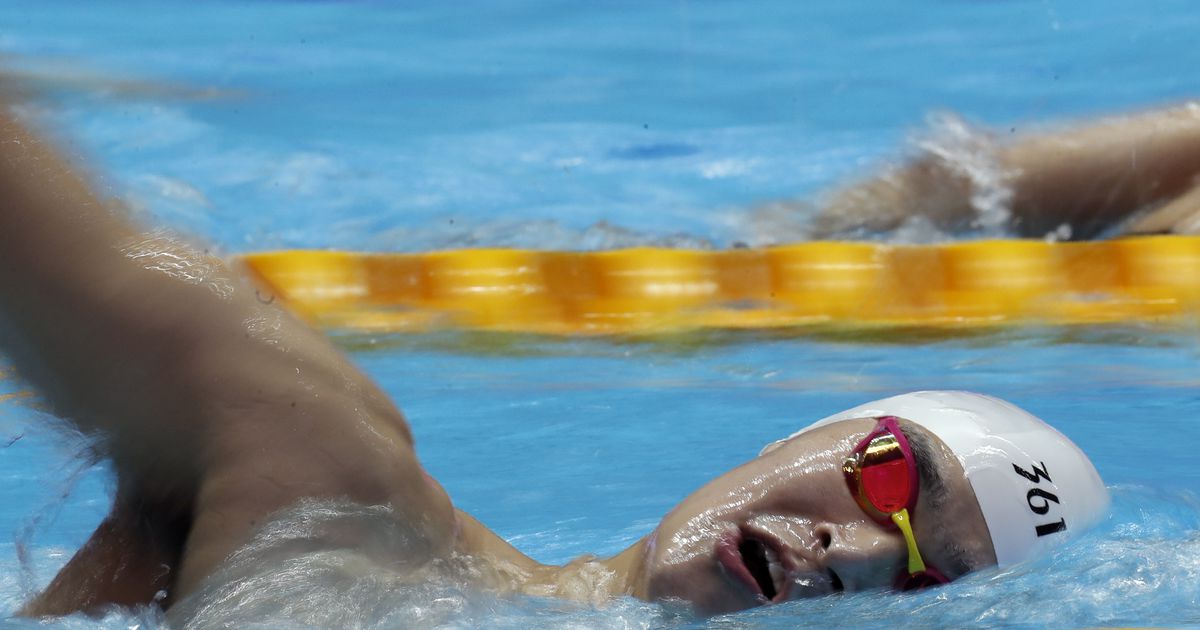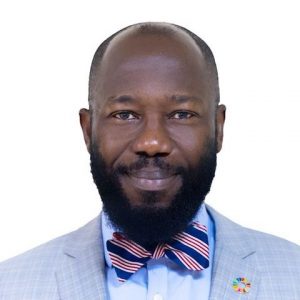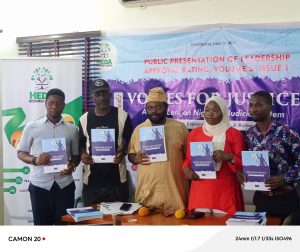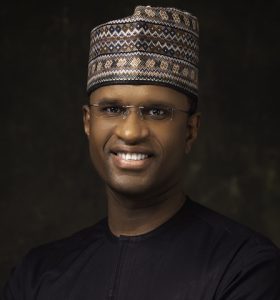Sun’s doping case looms over start of world swimming meet


GWANGJU, South Korea (AP) — Nothing like a long-simmering feud to get the world swimming championships off to a bang-up start.
The mere presence of Chinese star Sun Yang has drawn the ire of some swimmers, including his rival Mack Horton of Australia.
Sun is the heavy favorite to win his fourth consecutive title in the 400-meter freestyle in Gwangju, where the eight-day swimming competition begins Sunday.
But it’s unlikely to come without controversy.
Sun is currently facing alleged doping rule violations that risk a ban from the 2020 Tokyo Olympics and he has requested a public trial at the Court of Arbitration for Sport in September to defend himself.
The World Anti-Doping Agency is challenging a decision by FINA, swimming’s world governing body, merely to warn him over incidents during a doping control team’s attempts to take blood and urine samples at his home in China last September, while allowing him to continue competing.
Media reports this year claimed Sun and his entourage destroyed a blood sample in a dispute that escalated after he questioned officials’ credentials.
Sun faces a more severe sanction if CAS decides he broke doping rules a second time.
Olympic breaststroke champion Lilly King was critical of FINA for allowing Sun to compete at the worlds.
“That’s really sketchy and pretty insane,” the American said.
Asked how FINA could improve its doping controls, King said, “First, they can start with not letting people who have smashed blood vials compete in their heats.”
Sun began his dominance in the 400 free with a victory at the 2012 London Games, becoming the first Chinese swimmer to win Olympic gold. He won world titles in 2013, 2015 and 2017 along with gold at the Asian Games in 2014 and last year.
Sun has the fastest 400 time in the world this year (3 minutes, 42.75 seconds), a spot he’s held since 2017.
The only swimmer to have defeated Sun in the 400 free in the last eight years is Horton, who won at the Rio Olympics. Sun finished second, beaten by 0.13 seconds.
Horton called out Sun as a “drug cheat” in Rio, referring to Sun serving a three-month ban in 2014 for testing positive for a substance then classed as a stimulant. That case was conducted in relative secrecy in China and only belatedly announced by FINA.
South Korean media reported that Sun and Horton were kept from going near each other in Gwangju and that Sun’s coach requested to FINA officials for the pair not to train near each other.
However, Australian head coach Jacco Verhaeren denied the report.
“No, it’s what we call fake news,” he said.
Verhaeren, a vocal critic of doping, said the worlds are “never the time and place” to speak about those issues.
“The job is very much to stay focused on the meet,” he said. “After the meet, I’d be more than happy to address it again and go into that a little bit more. Of course, the stance I took hasn’t changed.”
Horton struggled at Australia’s world championship trials, where he was second in the 400 free, and was only added to the roster as a discretionary selection. However, he figures to swim the event Sunday at Nambu University Municipal Aquatics Center located 205 miles (330 kilometers) south of Seoul.
Park Tae-hwan, the 2008 Olympic champion in the 400 free who served his own doping ban, isn’t competing in his home country, sitting out to serve as ambassador for the world meet.
American Katie Ledecky opens her typically jam-packed schedule as the favorite in Sunday’s women’s 400 free, where she won the first of her 14 world titles in 2013.
She owns the world record of 3:56.46 set at the Rio Olympics, and is one of only three swimmers to have broken the 4-minute barrier. One of the others is 18-year-old Australian Ariarne Titmus, who has dipped under 4 minutes three times in the last year.
“There’s plenty to look forward to on the first night,” Verhaeren said.
Ledecky is the biggest star on a U.S. team still in transition from the Michael Phelps era.
She will swim four individual events, including the 1,500 free, which makes its Olympic debut for women in Tokyo.
Besides Ledecky and King, Olympic sprint champion Simone Manuel and 100 backstroke world record holder Kathleen Baker are standouts on the women’s team.
On the men’s side, Michael Andrew is poised to become a potential breakout star in the last major international meet before Tokyo. The 20-year-old is scheduled for five individual events, one more than Ledecky.
Caeleb Dressel is back after equaling one of Phelps’ marks in 2017, when the American won seven golds at a single world meet. Dressel is racing in four individual events.
As an outspoken doping critic, King renews her self-described “pretty intense” rivalry with Russia’s Yulia Efimova in the 100 breaststroke on Monday.
Efimova served a 16-month doping suspension in 2014 and narrowly avoided a lifetime ban with another violation in 2016.
King won the 100 breast in Rio and called out Efimova’s doping record while famously wagging her finger at the Russian in the semifinals.
“It’s kind of sad that we’ve all had to race dopers at some point and there are probably some swimming at this meet,” King said. “Personally, I’m not remotely comfortable with FINA’s approach to doping and what they’re doing to control it. I don’t know what needs to change but something does for sure.”








